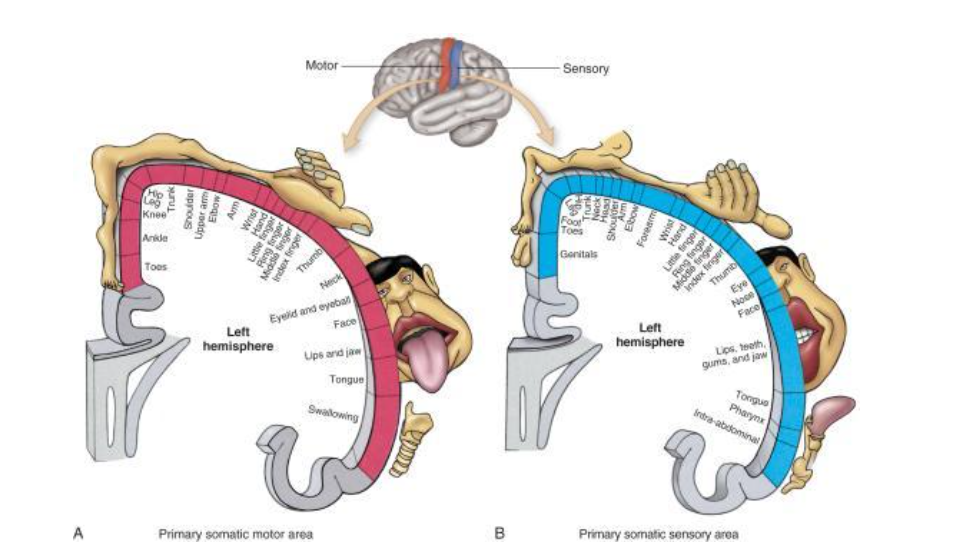There is a saying that body change is 70 percent diet and 30 percent gym. In reality, it’s 100 percent dedication, where the properly motivated person will have the discipline to properly apply the 70 percent. How a person eats or doesn’t eat, determines their success.
The principle of focusing on a proper diet ahead of what is actually done in the gym applies universally, regardless of goals. Somebody trying to lose weight will not have great success if they don’t fuel right.
Somebody trying to bulk up their muscles will also not get the maximum benefit if they don’t fuel right.
Unfortunately, eating right may be the least understood technique a gym-goer can face. People eat too little, too much, the wrong kind of food, at the wrong times.
One of the most common problems I see clients and group exercise participants face is the lack of proper fueling before beginning exercise. A car cannot go very far without fuel.
Similarly, exercise can’t be effective without recent enough consumption of food.
Food, specifically carbohydrates, is the source of energy. Energy is needed for exercise. It should be obvious, then, that an individual needs to eat within a reasonable time prior to hitting the gym, but apparently, it isn’t.
I can’t begin to count the number of people who have taken one of my group exercise classes or personal training sessions that felt themselves getting sick. When asked, every one of them hadn’t eaten within four hours of exercise.
Since the recommended window for eating before exercise is one to four hours, that means their systems were running on empty. Pushing oneself on an empty stomach will not only make the workout meaningless, it can also lead to feeling ill or losing consciousness.
[media-credit id=9 align=”alignleft” width=”640″] [/media-credit]
[/media-credit]
Just as important as eating prior to exercising is the choice of food. In spite of what many fad diets promote, by corrupt “experts” that value money over people’s health may say, carbohydrates are not evil things to be avoided. In fact, they are necessary for a heart pounding session in the gym.
Not all carbohydrates are the same, just as not all fuels are the same. A high performance car can’t succeed in a race when burning low quality fuel. In like manner, high quality food is required for high workout performance.
High quality carbs are complex carbohydrates such as whole grains and vegetables. A fantastic source of fuel is sweet peas. They are high in good carbs, plant protein and fiber.
In addition to consuming good fuel prior to exercise, it is important to eat afterward. An intense session in the gym will deplete energy stores in the body that need to be replenished for efficient operation and recovery.
Most muscle-heads focus on consuming as much protein as they can get their hands on after they finish their workout. There is good reason to consume protein, but probably not in the quantity they think.
The body can’t really process more than about 30 grams of protein at any time, so the 60 gram protein shake will result in 30 grams of protein being stored away as fat or flushed flushed out of the system in brightly colored urine.
But the 30 grams that the body can process are needed to rebuild muscle fibers that have been broken down during exercise. Without the necessary protein, muscles can’t get stronger and bigger.
Carbohydrates are just as important after exercise as they are before. The body needs energy to function. Since carbohydrates are a main source of energy, it will take what it needs. If this is not through consumption, carbohydrates stored in the muscles will be used. That doesn’t bode well for muscle recovery.
Work in the gym is negated if the diet surrounding the workout serves as an opposing force. Rather than allowing diet and exercise to fight against each other, have them function as partners that work together to accomplish fitness goals.
Because there are so many variables, it is impossible to get all the details for every goal and body type covered in one article. All I have been able to do is provide general guidelines that ought to help people get on the right track.
The most beneficial and recommended approach to make sure all dietary needs are met for a goal is for the individual seeking body composition change to consult a registered dietician, which Colorado Mesa University happens to have available for students and staff, at the Hamilton Recreation Center.
For more information about consultation with CMU’s registered dietician, ask for details at the HRC front desk.












